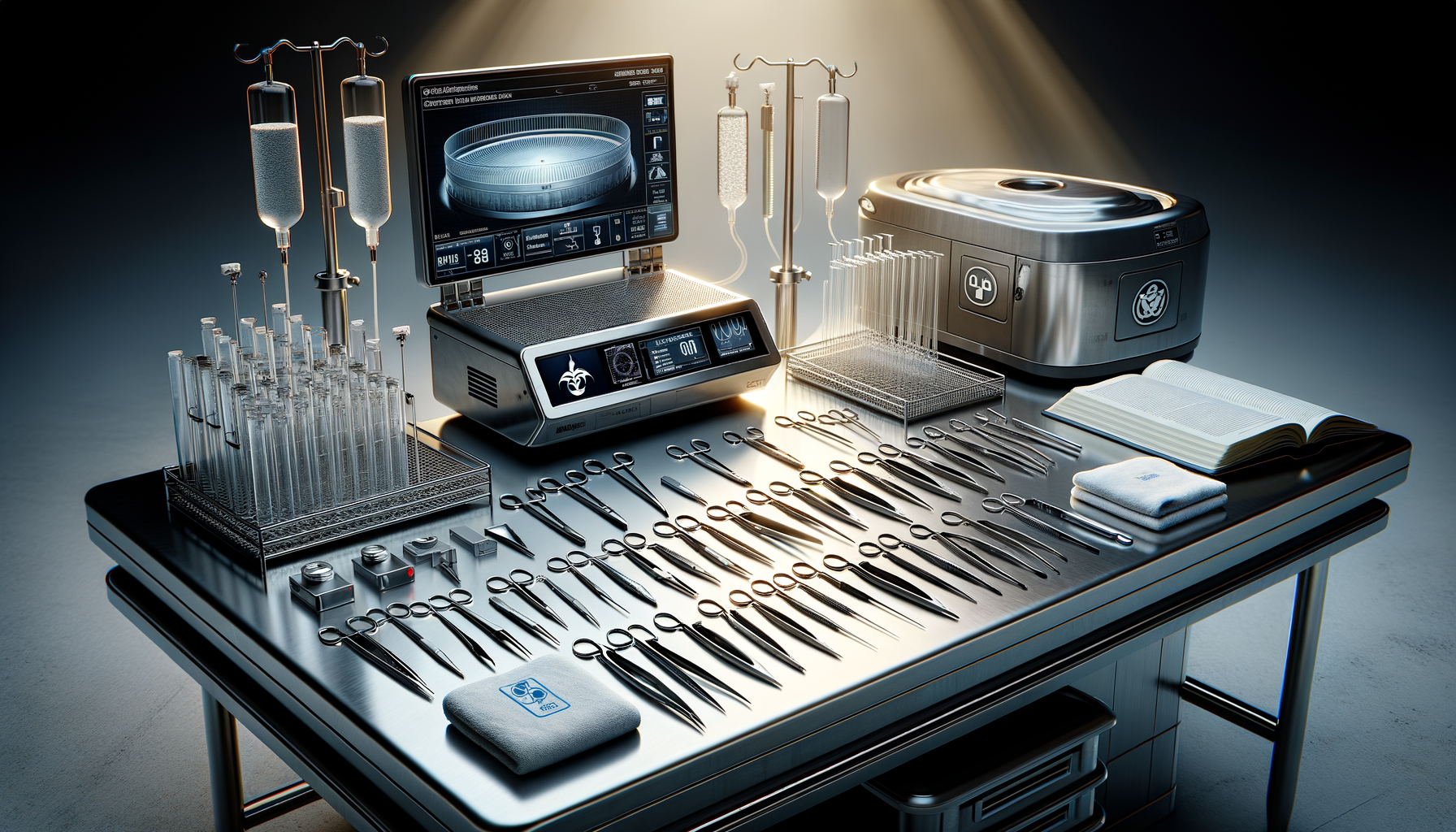
How to Become a Sterile Processing Technician: Courses in 2025
Introduction to Sterile Processing Technician Courses
In the ever-evolving field of healthcare, the role of a sterile processing technician is crucial. These professionals ensure that surgical instruments and medical equipment are properly sterilized and ready for use, directly impacting patient safety and care quality. With the increasing demand for healthcare services, there is a growing need for skilled sterile processing technicians. This article explores the educational pathways available in 2025 for those aspiring to enter this vital profession.
The Importance of Formal Education and Certification
Becoming a sterile processing technician requires more than just a keen eye for detail; it demands a solid educational foundation. Formal education and certification are essential for several reasons:
- Comprehensive Knowledge: Courses provide in-depth knowledge of sterilization techniques, infection control, and equipment handling.
- Hands-On Training: Practical experience in simulated environments prepares students for real-world challenges.
- Certification: Obtaining certification from recognized bodies enhances credibility and job prospects.
In 2025, many institutions offer specialized programs tailored to meet industry standards. These programs typically cover topics such as microbiology, decontamination procedures, and quality assurance. By completing these courses, students gain the skills necessary to excel in sterile processing roles.
Choosing the Right Sterile Processing Technician Course
Selecting the right course is a critical step in becoming a successful sterile processing technician. Prospective students should consider the following factors:
- Accreditation: Ensure the program is accredited by relevant healthcare education bodies.
- Curriculum: Look for comprehensive curricula that cover both theoretical and practical aspects.
- Flexibility: Consider online or part-time options if you need to balance studies with other commitments.
Researching and comparing different programs can help you find one that aligns with your career goals and learning preferences. Many institutions also offer career support services to assist graduates in finding employment opportunities upon completion.
Career Opportunities and Growth in Sterile Processing
The healthcare industry offers numerous opportunities for sterile processing technicians. As hospitals and clinics expand, the demand for skilled technicians continues to rise. Career prospects in this field are promising, with roles available in various settings, including:
- Hospitals: Working in central sterile supply departments.
- Ambulatory Surgical Centers: Ensuring equipment is sterile for outpatient procedures.
- Dental Clinics: Managing the sterilization of dental instruments.
With experience and additional training, technicians can advance to supervisory or managerial positions. Continuing education and specialization in areas like endoscopy or surgical instrument repair can further enhance career growth and salary potential.
Conclusion: Your Path to a Rewarding Career
Embarking on a career as a sterile processing technician offers a fulfilling opportunity to contribute to patient care and healthcare safety. By choosing the right educational path and obtaining necessary certifications, you can secure a position in this essential field. As the healthcare industry continues to grow, the skills and expertise of sterile processing technicians will remain in high demand, making this a wise career choice for those interested in healthcare and patient safety.


